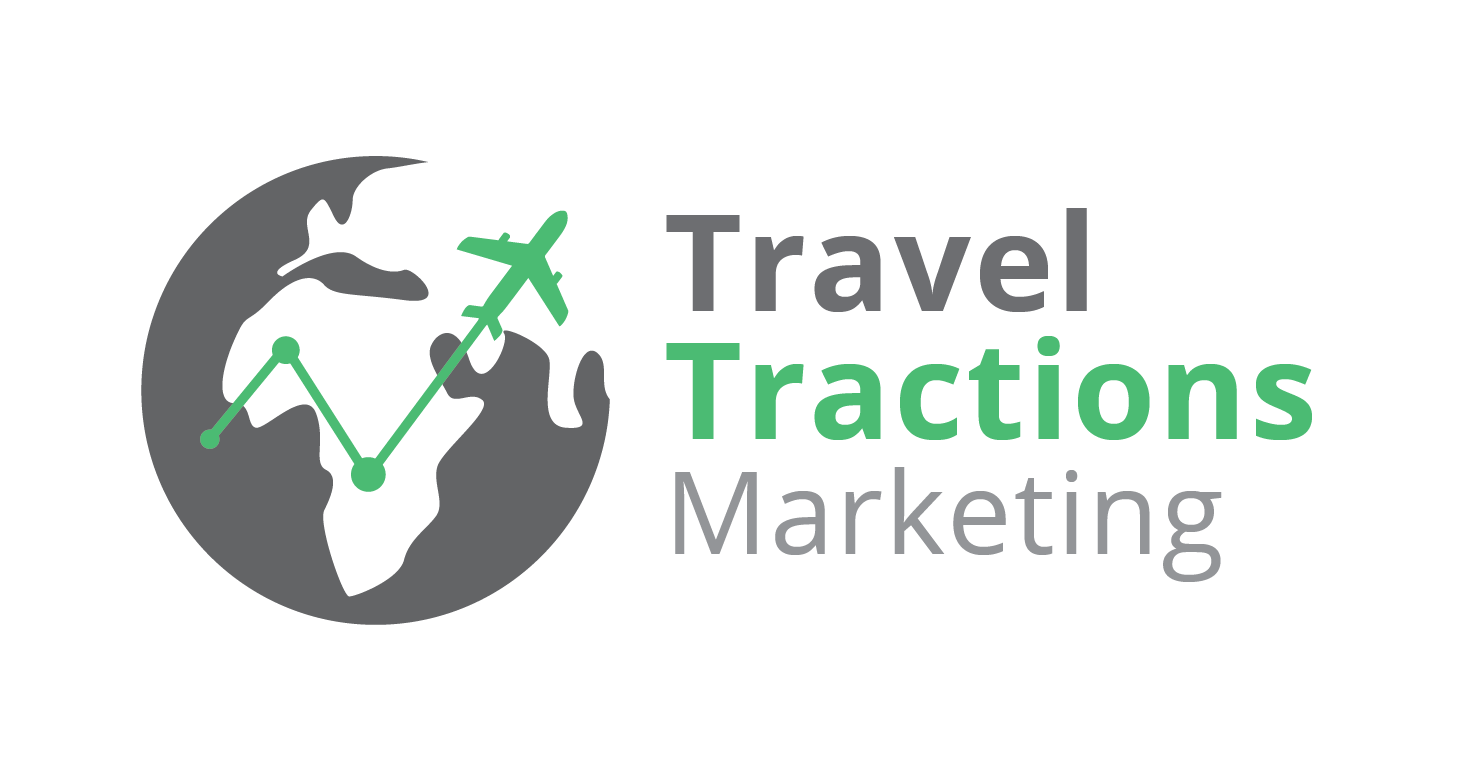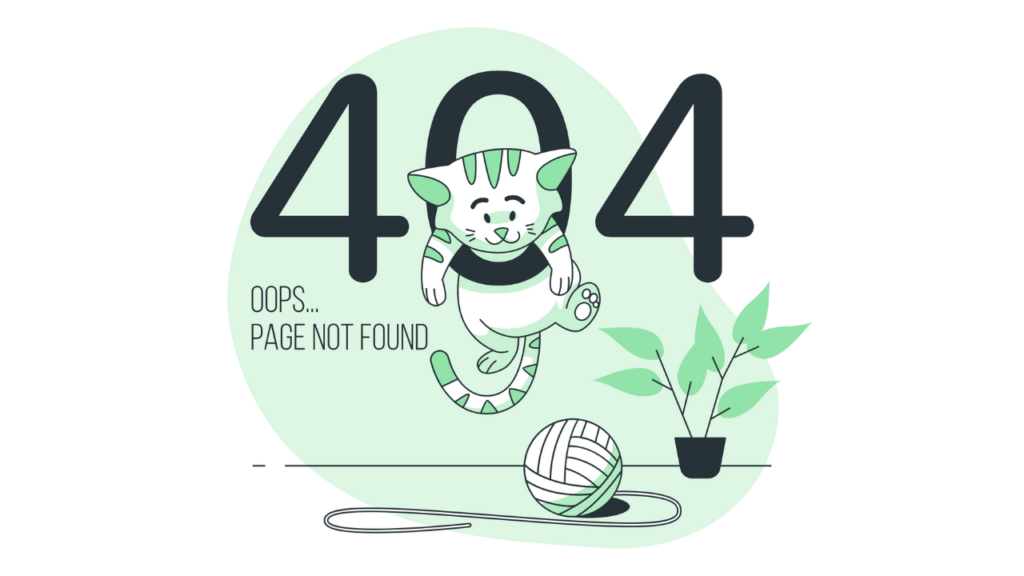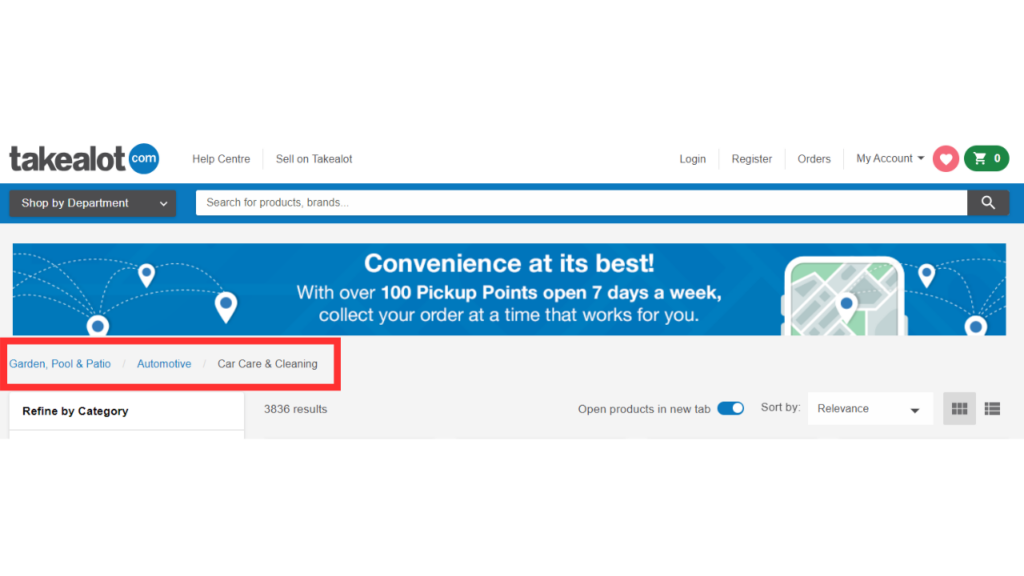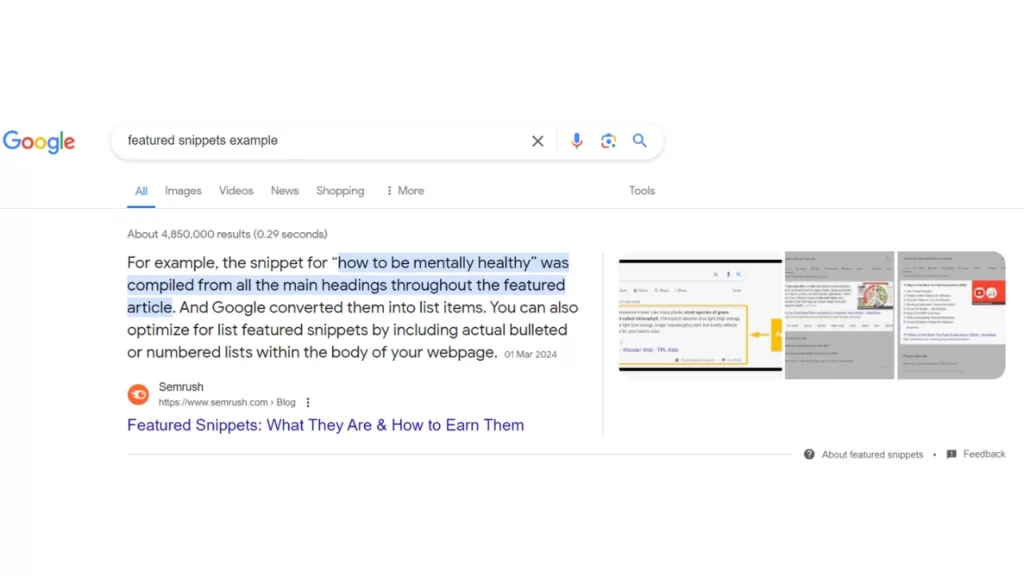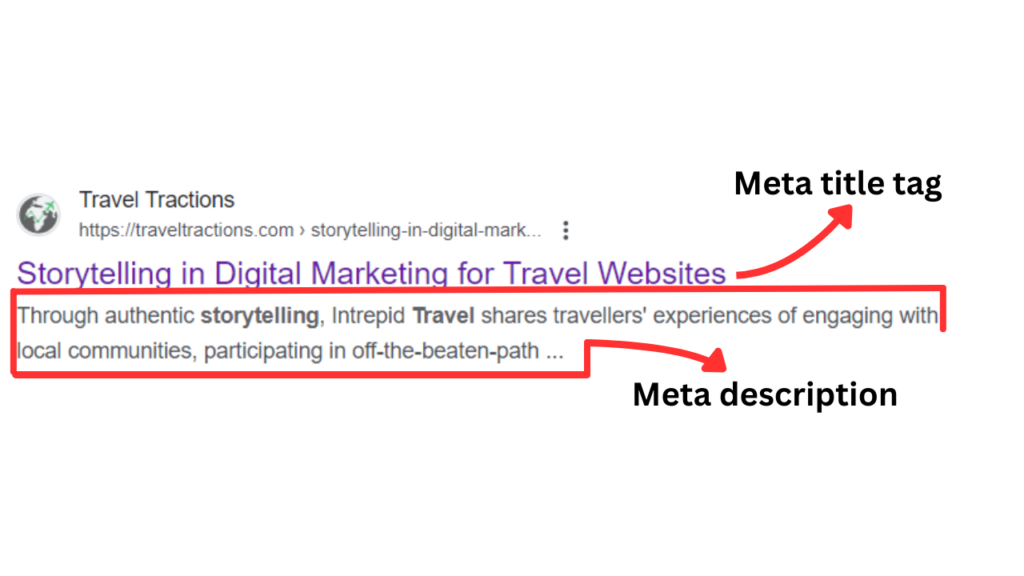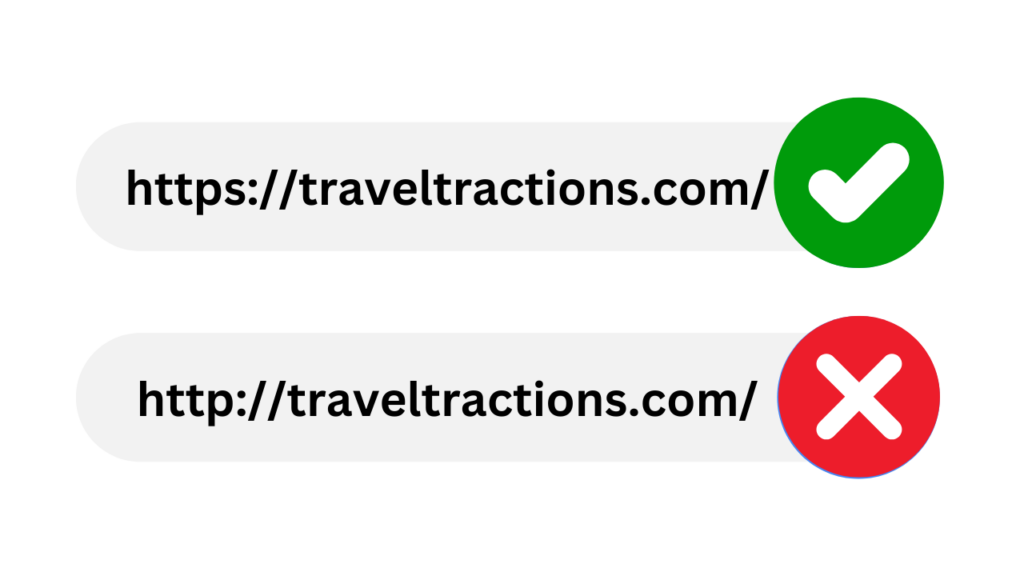
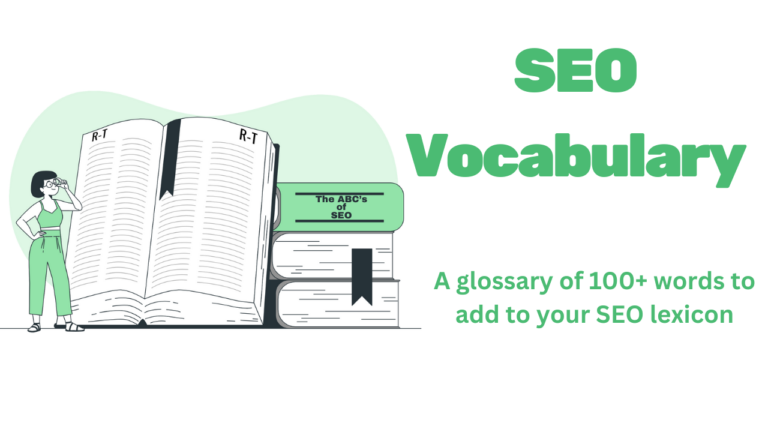
SEO Vocabulary | 75+ Words You Should Know
Digital marketing and SEO are constantly evolving and coming up with new terms on what seems daily. Consider this a beginner’s guide to SEO Vocabulary that SEO specialists use regularly.
Do you know what a 307 redirect, keyword stuffing, White Hat SEO, or E-E-A-T means? No? Have a read-through and brush up on technical terms that will help in the digital space when you write your travel blog or chat with colleagues.
Seo Glossary
Do you know these common words we often use in search engine optimisation?
301 Redirect
This signals a permanent redirect for a page that’s been deleted or just does not exist.
302 Redirect
This is for temporary redirect, unlike 301, which is permanent.
307 Redirect
An HTTP status code that indicates a valid temporary redirect.
404 Not Found
This is a common error message that shows up when a page no longer exists. and a 301 redirect hasn’t been put in place.
Image by Storyset
500 Internal Server Error
Indicates that the server experienced an unexpected condition that is preventing it from fulfilling a request.
502 Bad Gateway
This HTTP status code suggests there was a communication error between two web servers.
Affiliate Link
Affiliate programs allow bloggers to make money on products or services sold by another website.
Alternative Text (Alt Text)
Descriptive text on an image that isn’t displayed to users. It is to assist search engine crawlers in differentiating one image from the next.
AMPs (Accelerated Mobile Pages)
Sometimes referred to as “diet HTML,” this is a Google-supported program to build and convert web pages to mobile-friendly pages.
Anchor Text
This is the clickable highlighted text hyperlinks are connected to. This is a good way for SEOs to include more relevant keywords to copy.
Backlinks (Also Inbound Links)
Links from other sites that direct to your website.
Black Hat SEO
An unethical search engine optimisation practice that does not adhere to search engine policies. These practices include keyword stuffing, cloaking, link farms, hidden text, and more. If caught, your site will be penalised.
Bounce Rate
The percentage of visitors that land on a page but leave before visiting another page on the site. It can be seen on tools like Google Analytics.
Breadcrumbs
The navigational element that helps users see where they are within a website (see below).
Cache
The process of storing things like indexed pages, images, CSS, HTML, and videos locally so pages load faster when the user returns to them.
Call To Action (CTA)
A marketing term used to inspire action from the user. CTA phrases examples are ‘click here,’ ‘learn more,’ or ‘contact us.’
Canonical URL
The version of the webpage you want Google to crawl if you have duplicate pages. This will also be the displayed page on search results.
ccTLD
A country-code top-level domain is a domain linked to a country and is usually at the end of the site address. For example, a company website from South Africa will look something like this: www.website.co.za
Cloaking
A black hat SEO practice that shows one URL to site visitors and another to search engines.
Content Management System (CMS)
These are programs used to assist in the digital content management of websites. While it is in the “back end,” typically, you don’t need sophisticated coding skills to use it.
Conversion Rate
The percentage of visitors that do the desired action on a site. This is exclusive to making purchases but can also be signing up for a newsletter or booking a consultation call, for example.
Image by Storyset
Core Web Vitals
Google’s set of metrics used to measure the page’s performance pertaining to user experience. These heavily influence search engine rankings.
CPC (Cost Per Click)
A marketing metric that measures how expensive and effective (pay-per-click) PPC campaigns are.
Crawling (See Also Web Crawlers)
The process of crawlers gathering information on indexed web pages and sites to add to the search engine results.
Dofollow Links
Backlinks that tell web crawlers to follow them.
Domain Authority (DA)
A score that predicts the probability a site will rank on SERPs.
E-E-A-T
Stands for Expertise, Experience, Authority, and Trustworthiness. It comes from the Google Search Quality Evaluator Guidelines to help identify quality content.
External Links
An external Link is when websites link an outside source to their site.
Featured Snippets
Short fragments of text that appear at the top of search results. These help a website’s search engine rankings.
Google Analytics
An analytics platform used for data collection to see website insights.
Google Quality Guidelines
A document published by Google outlying its instructions on how to evaluate website quality.
Google Search Console
This tool is used to help users understand how they are faring on search engine results pages.
Google Search Text Ads (Formerly Google AdWords)
Text-based Google ads are displayed at the top of a SERP.
Google’s Core Algorithm
A search engine’s algorithm helps it rank content.
Guest Post
The tactic of writing a post that will go on another website.
Heading Tag
Heading elements that separate content. These have a hierarchy and go from H1-H6.
Hreflang Tags
A markup language that helps search engines identify the language and geographical targeting of a webpage.
HTML (Hypertext Markup Language)
The basic scripting language used to create webpages.
HTML Tag
A piece of markup language at the start and end of an HTML element. E.g. <p> Paragraph Tag </p>.
Internal Link
Hyperlinks that reference a webpage already on your site.
JavaScript
JavaScript is a programming language used for web development.
Keywords
Words or phrases that people often use in search engines. These will determine what your content is about.
Tip: Check out our picks for the top SEO keywords for a travel agency.
Images by Storysets
Keyword Cannibalization
The process when multiple pages on a site rank for the same keyword and, in doing so, hurt each other’s chances of ranking.
Keyword Density
How often a keyword is used in content compared to its word count.
Keyword Difficulty
The metric that measures how competitive a keyword is in terms of ranking potential.
Keyword Research
The process of looking for keywords popular in search queries.
Keyword Stuffing
The process of overusing or duplicating keywords too many times.
KPI
KPI stands for key performance indicators. This is the metric that measures good (or bad) performance over a period of time.
Link Building
The marketing tactic of getting links from other websites to your site.
Tip: Take a look at how to use link-building tactics for your site.
Link Equity (Link Juice)
The equity is passed from one web page to another through hyperlinks.
Local Queries
Search queries where the user is seeking things in their close geographical vicinity.
Long Tail Keyword
A string of keywords, made up of three to five words for a more specific search.
Meta Description
An HTML element that summarises the content and can be seen on the SERPs.
Minification
The process of simplifying source codes by removing unnecessary characters.
Mobile-First Indexing
Google’s process of indexing websites converted to mobile sites.
Nofollow Links
These are links with a rel=”nofollow” HTML tag, which tells search engines not to pass link juice or authority to the linked site. Bloggers typically mark internal links as nofollow.
Off-Page SEO
The process of improving web pages offline to improve website rankings. This includes link building, social media, and guest posting.
On-Page SEO
The process of improving web pages for search engines and users to boost website rankings. This includes adding internal links, keywords, title tags, and more.
Organic Search Results
Listings on the SERPs that are unpaid, unlike sponsored posts.
Orphaned Pages
Webpages that are not linked to anywhere else on your site.
Page Speed
How fast an entire page loads.
Pogo Sticking
The process of a user jumping to and from different web pages.
Redirect
The method of changing a page’s landing page URL.
Rich Snippet
Search engine results that display extra information as opposed to the meta description like star ratings, votes, cooking time, etc.
Search Engine Rankings
What position your site or web page is on Google’s search results.
SSL Certificate
Also known as secure sockets layer, SSL Certificates are an encryption-based security protocol. These websites start with HTTPS.
Subdomain
An extension of the domain that helps organise content.
Technical SEO
The backend process of making your site more likely to reach search engine results page from a technical standpoint.
Thin Content
Low-quality content that doesn’t add value, knowledge, or purpose to the reader.
Title Tag (Also Page Title)
An HTML shortcode that gives a short description of a webpage’s content and purpose so search engine crawlers can better understand it.
Traffic
The amount of users that visit your website.
Tip: Read about our tried and trusted way to increase traffic to your blog.
URL
Meaning Uniform Resource Locator, URLs are simply the web address of a site.
URL Parameter
Query strings that structure additional information about a URL.
User Experience (UX)
The user’s journey and interactions with a digital product.
Web Crawler
Also referred to as spiders or bots, these are tasked with indexing website content across the internet to add it to search results.
Web Page
Web content that exists on a website.
Web Server
A web server is the soft- and hardware that uses HTTP, among others, that accepts web content requests.
Website Visitors
Internet users who visit your mobile website or web page.
White Hat SEO
A legitimate and ethical search engine optimisation method that helps improve search engine rankings.
WordPress
A CMS that helps bloggers manage a website or web page.
Image by Storyset
Most Common Terms In Search Engine Optimization
There are many terms you need to know when you tackle SEO, web dev, or digital marketing in general. So, this list is in no way exhaustive, but it helps to cover the basics if you’re a beginner. Now, you should know the difference between Google search results and search engine results pages.
If you still feel unsure of the processes after reading the list, consider contacting an expert to discuss complicated concepts by booking a consultation with us!
